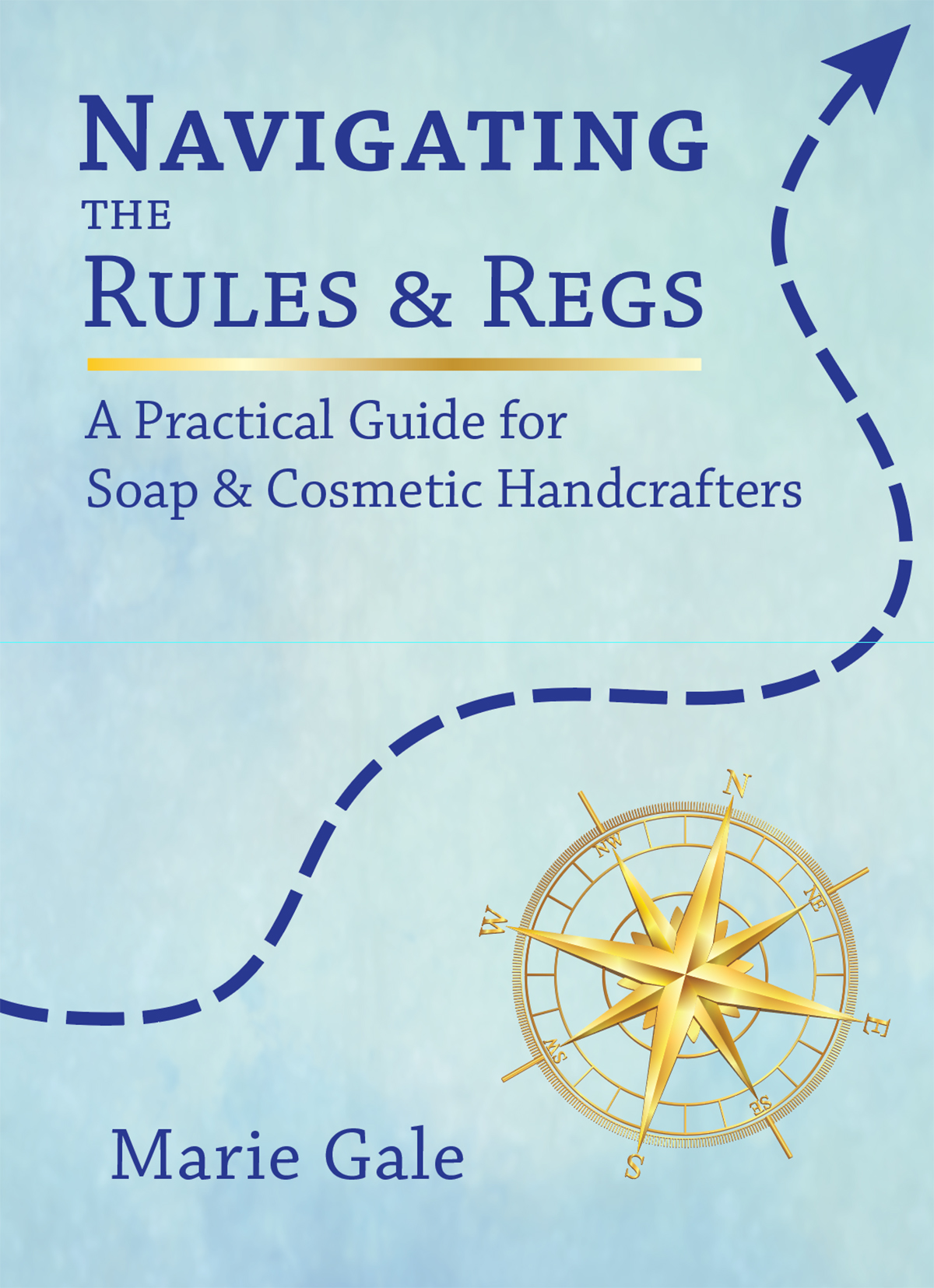I have posted numerous times, including here and here, about FDA warning letters concerning “drug claims” used for supposedly cosmetic products. After those posts went up, I had a number of people tell me about several national companies selling essential oils that were making all sorts of claims, and asking why they could get away with it. Apparently, they can’t! And rightfully so.
The Denver Regional Office of the FDA recently sent warning letters to Young Living and doTERRA, both Utah-based essential oil multi-level marketing companies. Both the letters cited numerous statements making claims that the essential oils sold could combat, treat, cure, and prevent a myriad of medical conditions including:
- “Top on my list is Thieves. Thieves is highly anti-microbial… it could help against Ebola.”
- “Viruses (including Ebola) are no match for Young Living Essential Oils”
- “Rosemary research in regards to Alzheimer’s disease showed aromatherapy as a potential treatment for the cognitive (e.g., memory) impairments caused by dementia.”
- “Myrtle is a wonderful antiseptic… It has been known to protect against tetanus….”
- “[M]yrtle… can help with sexual dysfunction issues such as impotency… and ED.”
- “[T]he Ebola virus cannot survive in the presence of a therapeutic grade Cinnamon Bark and Oregano essential oil.”
- “Eucalyptus Blue essential oil has antiviral and anti-inflammatory properties.”
- “Peppermint oil has so many more uses… asthma, autism, brain injury… Crohn’s disease… multiple sclerosis, paralysis….”
- “Ylang Ylang is used medicinally… for the treatment of… arterial hypertension… diabetes… insomnia, heart palpitations, and tachycardia.”
- “Many have found a protocol of essential oils and supplements have helped ease the symptoms of autism-related issues”
- “Melaleuca: Melaleuca (also known as tea tree oil) has been clinically shown to inhibit the replication of the influenza virus. Some of melaleuca’s primary uses include… athlete’s foot… canker sores, chicken pox, cold sore, colds, flu, fungal infections, Herpes simplex, MRSA, shingles, warts and viral infections.”
- “Oregano: Oregano is effective in inactivating MNV (non-enveloped murine norovirus) within 1 hour of exposure.”
- “Eucalyptus: Eucalyptus has demonstrated an ability to inhibit the Herpes simplex virus. Some of the primary uses for eucalyptus include Influenza, Measles, Neuralgia, Neuritis, Pneumonia, respiratory viruses rhinitis, shingles, sinusitis and tuberculosis.”
- “Clove:… rheumatoid arthritis….”
- “Wintergreen: Arthritic pain, bone pain, joint pain”
- “Lemongrass: Grave’s Disease, Hashimoto’s Disease….”
- “Geranium: Diabetes, endometriosis, osteoarthritis, rheumatoid arthritis”
- “Lavender:… cancer, inflammation, insomnia, pain, rheumatoid arthritis”
- “Clary Sage: Cramps… Endometriosis, Estrogen Balance, Hormonal Balance, PMS, Pre-menopause”
- [Frankincense] “Lowers High Blood Pressure” and “Helps Symptoms of Crohn’s, Arthritis, & Epilepsy”
and that’s just a very partial list of all the claims that were cited!

Both the warning letters explain that the cited claims made for the essential oils make it clear that the products are drugs because “they are articles intended for use in the diagnosis, cure, mitigation, treatment, or prevention of disease.” The letters go on to clarify that these are “new drugs” because they are not generally recognized as safe and effective for use under the conditions prescribed, recommended, or suggested in the labeling.”
Labeling, as defined by the FDA, includes “all labels and other written, printed or graphic material on or accompanying a product in interstate commerce or held for sale.“
What I found particularly interesting about these warning letters was that they referenced as “labeling” not only claims made on the official company websites and print materials, but also on consultants’ websites, Facebook posts and pages, twitter tweets, and even Pinterest pages. When I went to look at the websites, all had removed the questionable text and had generic “we’re revamping our website” content.
Takeaway Lessons
There are some things to be learned from this:
First, just because someone is doing something wrong and apparently “getting away with it,” it doesn’t mean that they will continue to be able to do so. Setting up a business model that depends on “getting away with it” isn’t one that is likely to last. These businesses, and their consultants, have been making wild and outrageous claims for years! Now they are going to have to completely regroup on the way they sell products in order to comply with the regulations.
Second, regardless of what someone tells you is okay to do (either explicitly or by example), it’s your responsibility to ensure that you understand the applicable law and regulations, and to operate within them. If someone tells you it’s okay to go 60 mph in a school zone just because “no one is watching,” YOU, as the driver, are still the one who will get the ticket and pay the fine (and maybe lose your license). It’s best to operate within the law to the best of your understanding and ability. I expect that the consultants for these companies that had websites and promotional materials based on the information they got from the home office will be scrambling to make changes and get compliant, no doubt causing an unplanned drain on resources.
So, if you are selling (or making and selling) products, know what your rights and responsibilities are. Keep in mind that:
- All consumer commodities (products purchased by the consumer that can be used up) must be labeled in accordance with the Fair Packaging and Labeling Act.
- For cosmetics, drugs, food, and dietary supplements, the regulations for labeling under the FPLA are created and enforced by the FDA.
- For other products (such as soap or household fragrance products), the regulations for labeling under the FPLA are created and enforced by the Federal Trade Commission (FTC).
- The FDA determines what a product IS based on the intended use, as stated on the product label and in the materials that accompany the product in print and on the internet.
- Food, drugs, and dietary supplements have very specific requirements for their manufacture (including registration of the facility and following good manufacturing practices as defined in regulations) and detailed limitations about the claims that may or may not be made about them.



Leave a Reply